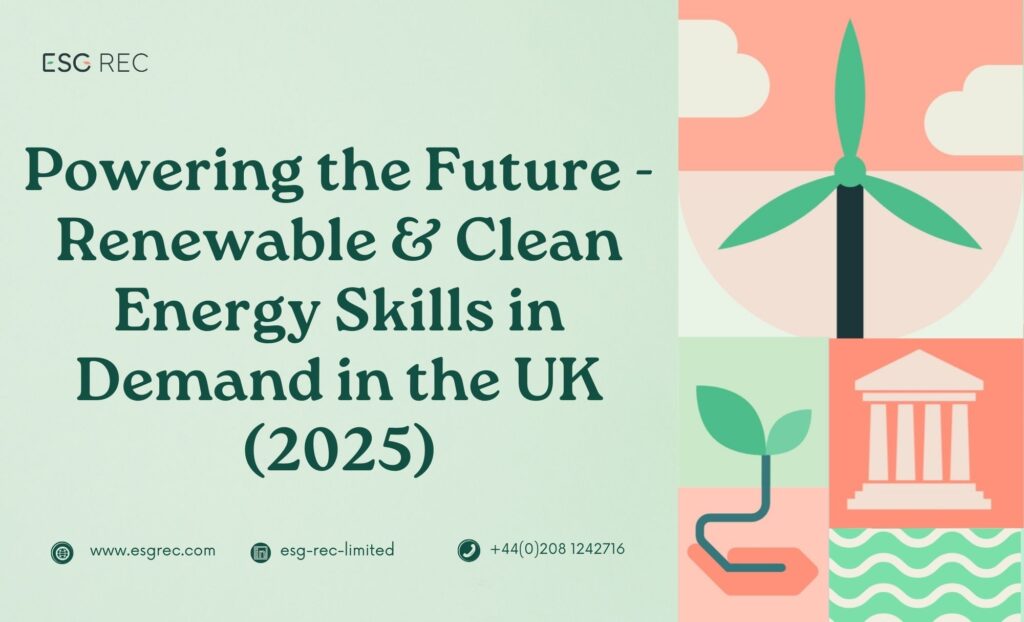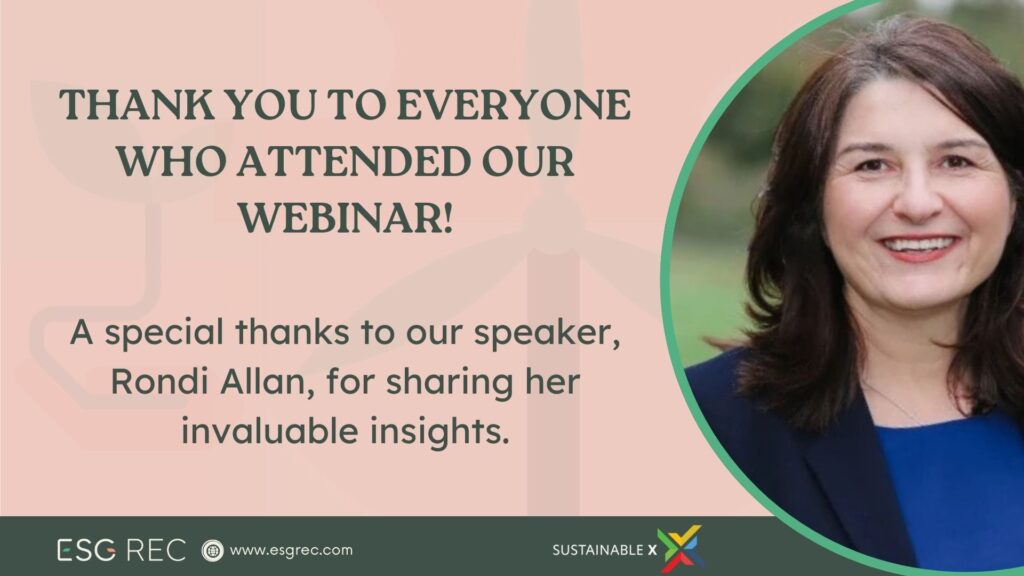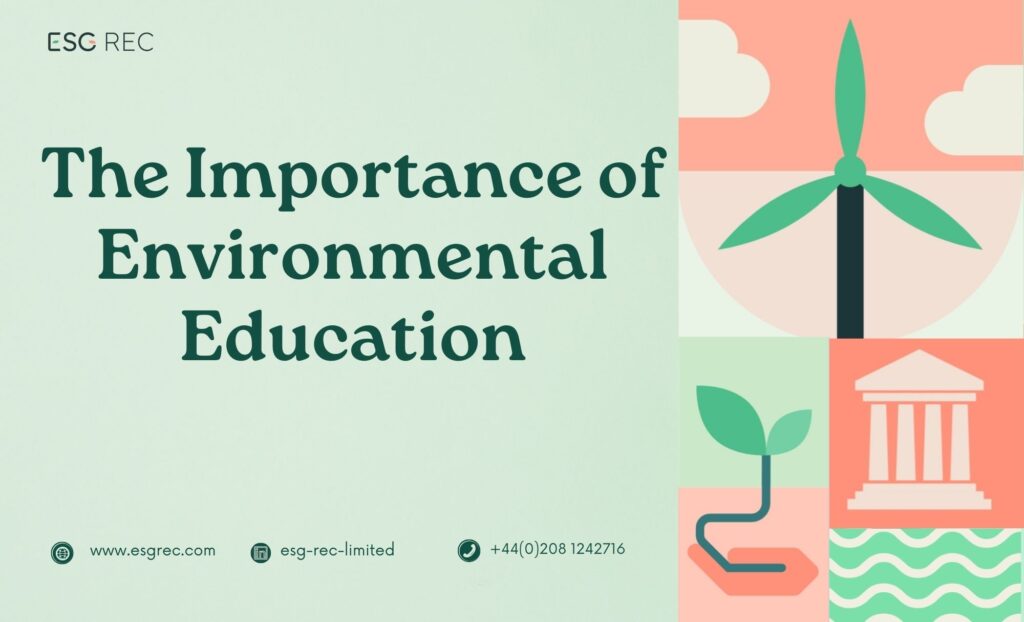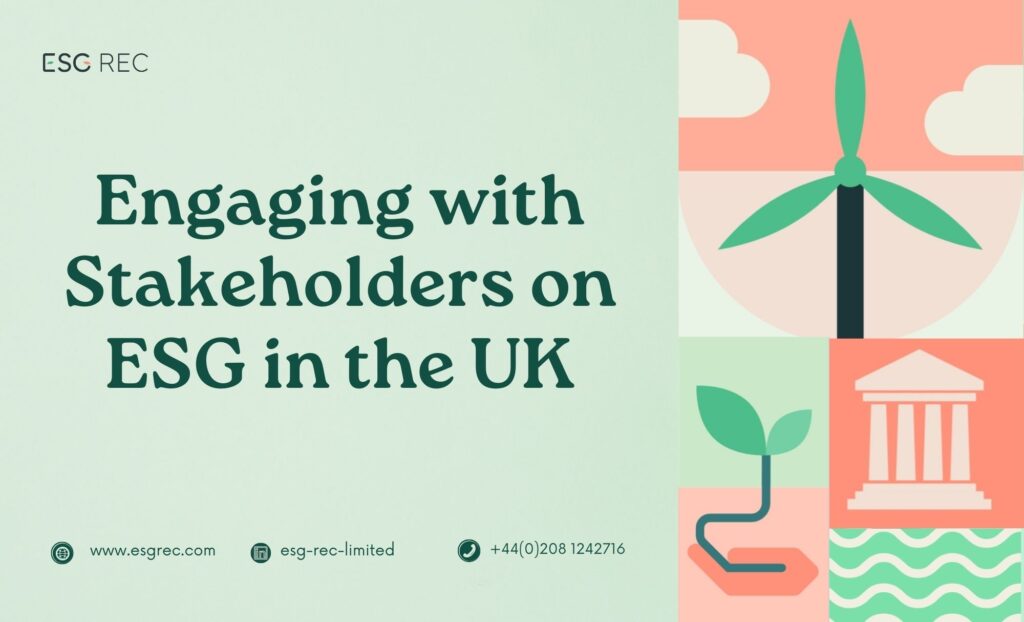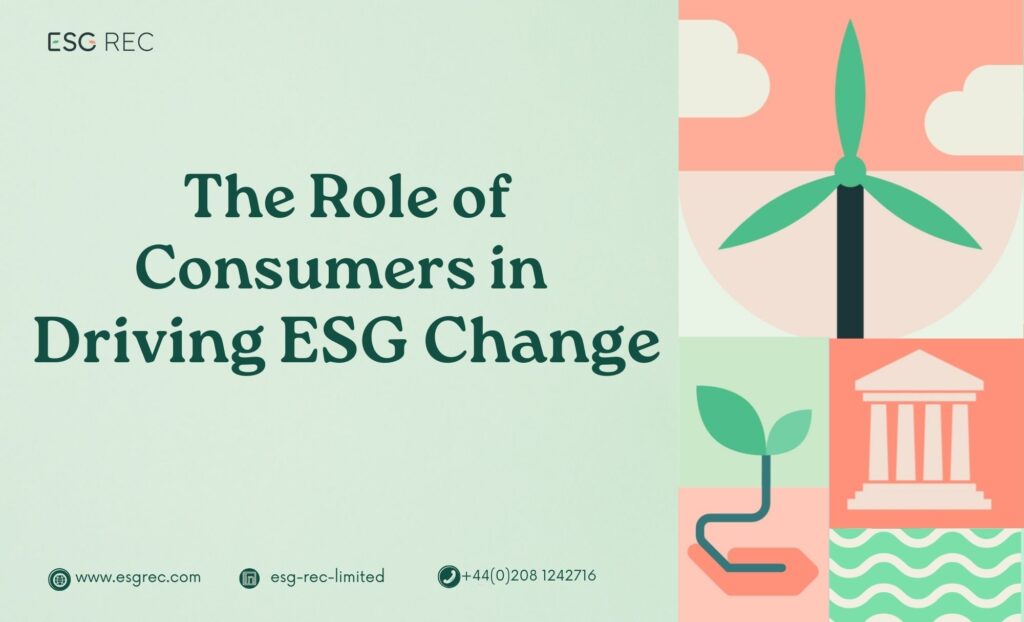
Key Takeaways from the Fireside Chat with Sangeeta Waldron
On 1 May 2025, ESG REC Limited hosted a compelling fireside chat titled What Will Your Legacy Be? ESG, Climate & Collective Action in a Changing World, featuring communications expert and author Sangeeta Waldron, who shared insights from her latest book, What Will Your Legacy Be?
Building on the foundation of her previous publication, Corporate Social Responsibility is Not Public Relations, Sangeeta’s newest work continues the conversation around authenticity, purpose, and impact in the sustainability space. The event brought together professionals, advocates and thought leaders to explore the importance of collective action in safeguarding the planet’s future.
1. Small Actions Lead to Big Impact
Sangeeta Waldron emphasised that meaningful change often begins with small, everyday actions. Sustainability does not require dramatic, overnight transformations—it’s about consistency and a commitment to the seemingly minor decisions that shape our routines. Whether it’s reducing waste, supporting environmentally responsible brands, or conserving energy, these individual efforts, when multiplied across society, can drive significant progress.
Jonathan Hart-Smith, COO and Co-Founder of ESG REC, echoed this perspective during the discussion.
“The fear of loss is an incredible motivator for many people,” he remarked, reflecting on how envisioning a future without nature’s simple pleasures—such as the ability to step outside and enjoy green spaces—can encourage people to act.
Sangeeta. reinforced this with a message of practical empowerment:
“It’s not about the big things, it’s the little things… It’s just doing what you can afford to do yourself every day.
2. Sustainability Is a Daily Commitment
Drawing on CSR is Not PR, Sangeeta reminded attendees that sustainability is far more than a passing trend—it is a long-term commitment requiring both organisational and personal responsibility.
“It’s not about perfection; it’s about showing up every day,” she said.
Even small decisions—recycling properly, avoiding single-use plastic, or opting to walk instead of drive—accumulate into meaningful change. When these actions are adopted collectively, they help shift culture and behaviour.
3. Progress Takes Time: Stay Committed
Sangeeta acknowledged the discouragement many feel when progress on environmental or social issues appears slow. However, she urged attendees to remain committed, emphasising that systemic change rarely happens overnight.
Sustainability is a long-term journey that demands persistence and patience. Each small gain contributes to a more resilient, ethical future.
4. Political Engagement Is Crucial
The conversation also highlighted the growing role of politics in shaping sustainability outcomes. Sangeeta encouraged attendees to remain politically engaged and informed.
“Vote. It doesn’t matter where you are or what you do—voting is your power.”
From participating in local consultations to challenging misinformation, every civic action counts. Political will is essential to achieving lasting environmental and social progress, and the public plays a vital role in shaping it.
5. Empowerment Through Knowledge and Action
At the heart of What Will Your Legacy Be? lies the theme of empowerment. Sangeeta’s message was clear: no matter your industry or background, you have the power to contribute to solutions.
She shared examples such as the surprising role of humpback whales in absorbing atmospheric carbon and the ecological wisdom of indigenous communities, highlighting the intersection of science, culture, and human responsibility.
These stories serve as powerful reminders that protecting the planet is not just a scientific imperative—it’s a deeply human one.
Reflecting on Our Legacy
What Will Your Legacy Be? calls on us all to consider how we might leave the world better than we found it. Sangeeta’s message is one of realistic optimism and individual agency:
“Even one action matters.”
While the scale of the climate crisis can feel overwhelming, individual choices—when multiplied—create lasting impact. Collective action begins with personal commitment.
Thank You for Attending
A sincere thank you to everyone who registered and attended the fireside chat. Your participation plays a vital role in supporting long-term sustainability awareness and action.
If you would like to request a recording of the event, please contact us at info@esgrec.com.
Book Giveaway – Winner Announcement
We’re pleased to announce that the raffle draw for a signed copy of What Will Your Legacy Be? by Sangeeta Waldron has now taken place. Winners will be contacted directly via email. For transparency, the raffle draw video is available upon request.
Congratulations to our winners, and thank you to everyone who took part.
Join the Movement: Build a Sustainable Future with ESG REC
Are you looking to build a more sustainable future through your workforce? ESG REC specialises in connecting purpose-driven organisations with outstanding professionals in ESG and sustainability.
Visit www.esgrec.com
Stay informed with industry insights and find out how our staffing solutions can support your long-term sustainability goals.
Let’s work together to create a legacy of positive change.

